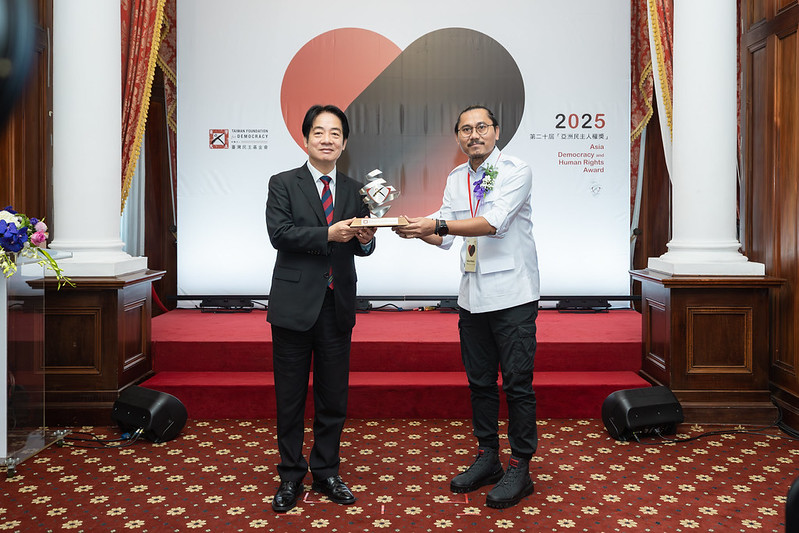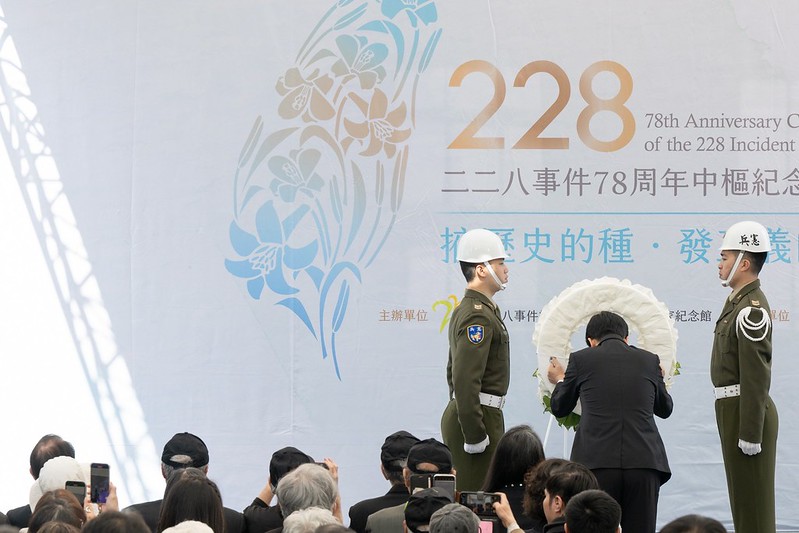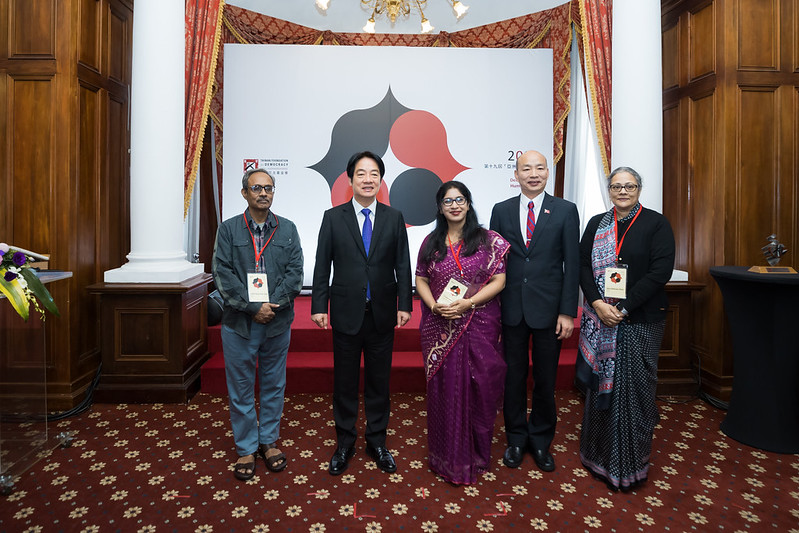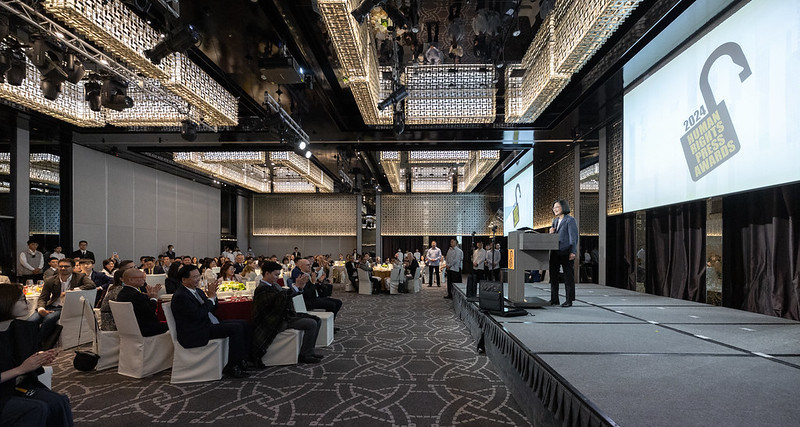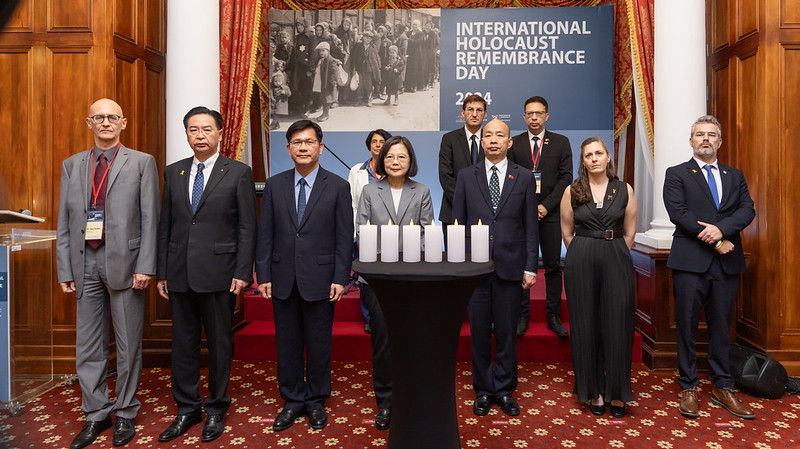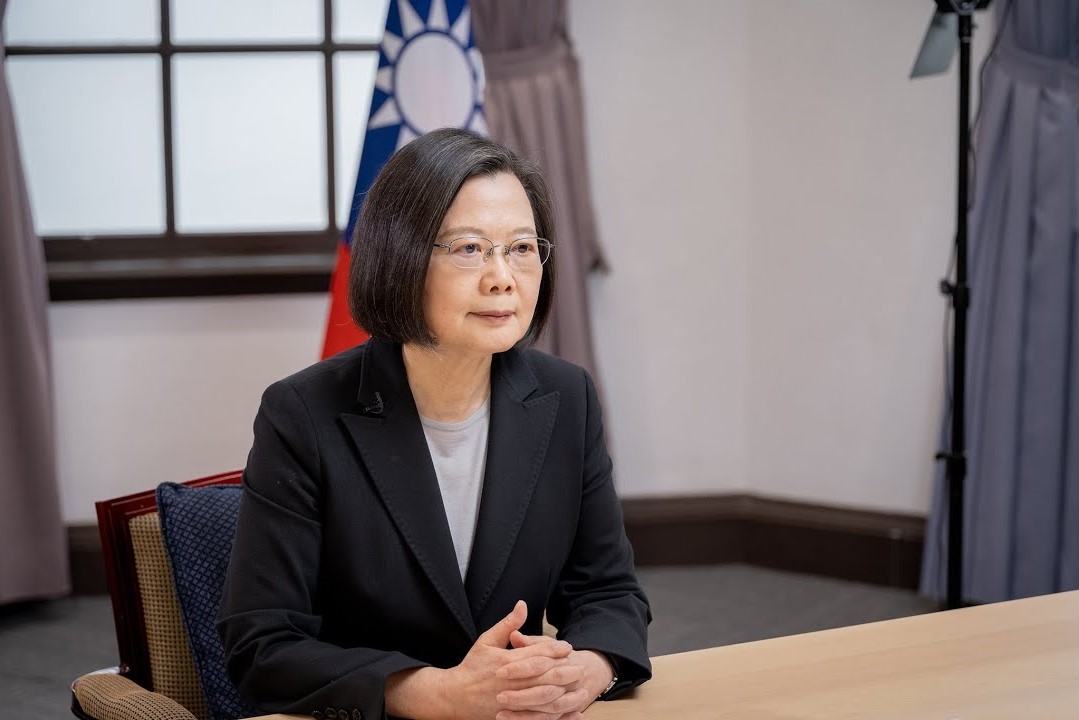News & activities
 News releases
News releases
On December 10, Human Rights Day, President Tsai Ing-wen addressed the 2021 Asia Democracy and Human Rights Award ceremony via video at the invitation of the Taiwan Foundation for Democracy (TFD). President Tsai congratulated this year's award winner, Afghan human rights lawyer Humaira Rasuli, for her outstanding contributions to advancing women's rights and promoting legal reform in Afghanistan. Emphasizing that the people of Taiwan are committed to the values of freedom and democracy, which define our way of life, the president said that Taiwan has both the ability and the determination to play a more active role in advancing democracy and human rights around the world.
A translation of the president's remarks follows:
First, on behalf of Taiwan, I would like to congratulate Ms. Humaira Rasuli on winning the 2021 Asia Democracy and Human Rights Award.
Ms. Rasuli's story epitomizes the struggle for human rights. Having once lived in Pakistan as a refugee, Ms. Rasuli has for the past 20 years stood on the frontlines of the women's rights movement in Afghanistan, and is herself a renowned human rights lawyer and trauma counselor.
Amid instability in Afghanistan, she has never shied away from adversity, and has demonstrated remarkable resilience in her pursuit of legal reform. As the founder of the Women for Justice Organization, she has advocated for a number of laws protecting the rights of women and other groups, and she continues to seek dignity and justice for women who have been victims of violence.
Ms. Rasuli's bravery and persistence have earned her widespread respect. I hope that her recognition with this award will give hope to those suffering repression, and that it will inspire further efforts to eliminate sexism, end gender-based violence, and address other women's rights issues in Asia.
The path to democracy and safeguarding human rights has never been an easy one. Having endured authoritarian rule, we in Taiwan understand profoundly how important it is to constantly strengthen our hard-earned democracy.
Today, on international Human Rights Day, I also want to say to our friends around the world that the Taiwanese people are committed to freedom and democracy, and to our way of life defined by these values.
Taiwan is both able and determined to play a more active role in advancing democracy and human rights globally. We will continue to share experiences with our friends around the world and spread our values of freedom and democracy to enrich the lives of people everywhere.
To support democratic development and raise human rights standards in Asia, TFD in 2006 established the Asia Democracy and Human Rights Award, which is given to individuals and groups on the basis of their outstanding contributions to advancing democracy and human rights. Due to the pandemic, this year's award ceremony was held via video, with Ms. Rasuli's pre-recorded acceptance speech published on December 10, Human Rights Day.
